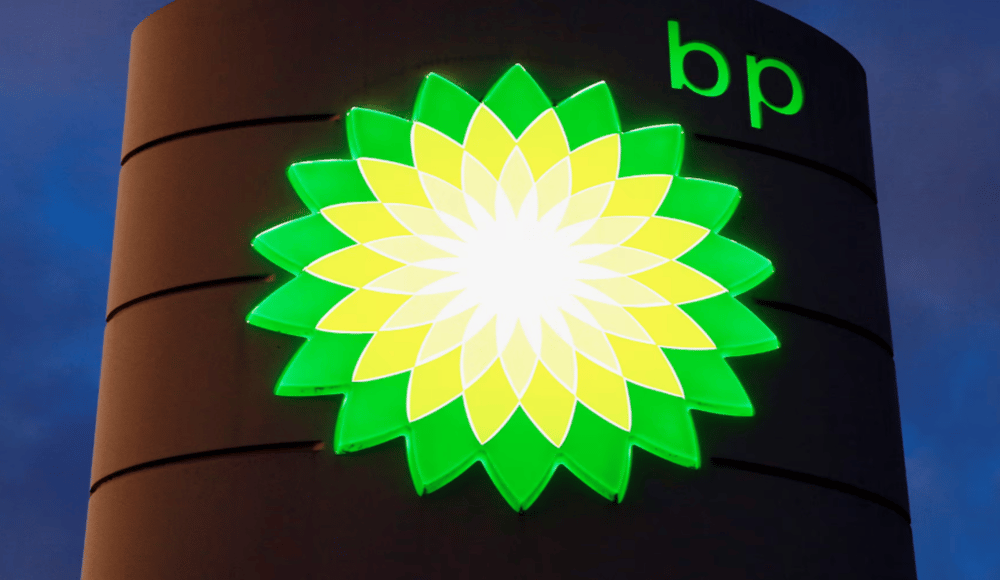

BP $BP is reportedly considering the possibility of reducing or even suspending its share buyback programs over the next year if oil prices do not recover. This potential shift has raised concerns among analysts who warn that such actions could intensify pressure on BP’s already struggling stock performance. The company’s recent financial strategies have included share repurchases and dividends as a way to return value to shareholders, underscoring the importance of oil price stabilization for its financial health.
The future of BP's share buyback plans is becoming increasingly uncertain as analysts evaluate the impact of fluctuating oil prices. Here are the key factors guiding this assessment:
Dependence on Oil Prices:
The recovery of oil prices is crucial for BP, as lower prices can significantly impact revenue. If prices remain depressed, BP may need to pivot away from aggressive capital return strategies.
Shareholder Expectations:
Over the past few years, major oil and resource companies have increasingly adopted share buyback programs and higher dividends to reward investors. A reduction in these programs could lead to dissatisfaction among shareholders and affect BP's market perception.
Market Conditions:
BP’s commitment to share buybacks is largely tied to the stability of the oil market. A sustained downturn in oil prices could force the company to reassess its financial strategies.
Corporate Profitability:
The decision to continue or pause buyback programs may hinge on BP’s profit margins, which are directly influenced by the price of crude oil and global demand.

Stock Performance Pressure:
Analysts suggest that curtailing buyback initiatives could exacerbate pressure on BP’s stock, already facing headwinds amid broader market volatility.
Investor Confidence:
A withdrawal from buyback programs could signal financial weakness, potentially eroding investor confidence and impacting share price stability.
Long-Term Oil Price Recovery:
For BP to maintain its current trajectory regarding shareholder returns, a recovery in oil prices is essential. Companies must closely monitor market trends and adapt to fluctuations.
Strategic Financial Management:
BP may need to develop alternative strategies that balance the desire for shareholder returns with sustainable financial management to withstand market uncertainties.
As BP navigates the challenges posed by volatile oil prices, the potential reduction or suspension of its share buyback programs reflects a critical juncture for the company. The reliance on stabilizing oil prices to support shareholder returns underscores the interconnectedness of market conditions and corporate financial strategies. BP's ability to adapt to changing dynamics will be essential for its sustained performance in the competitive energy sector.
Such strategic moves could redefine operational norms, setting new benchmarks for tech automation